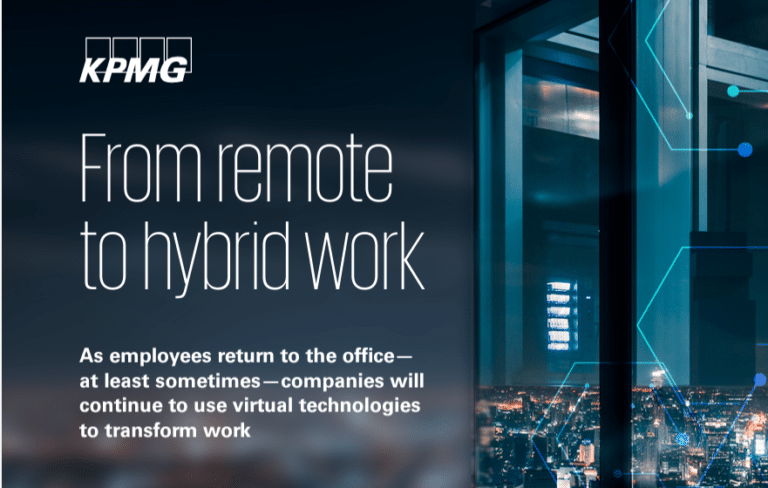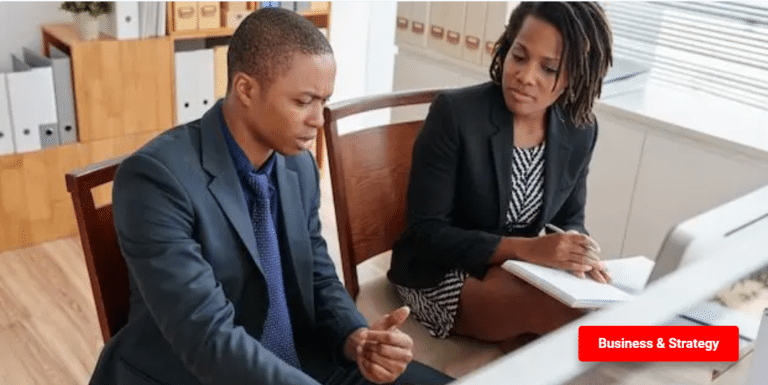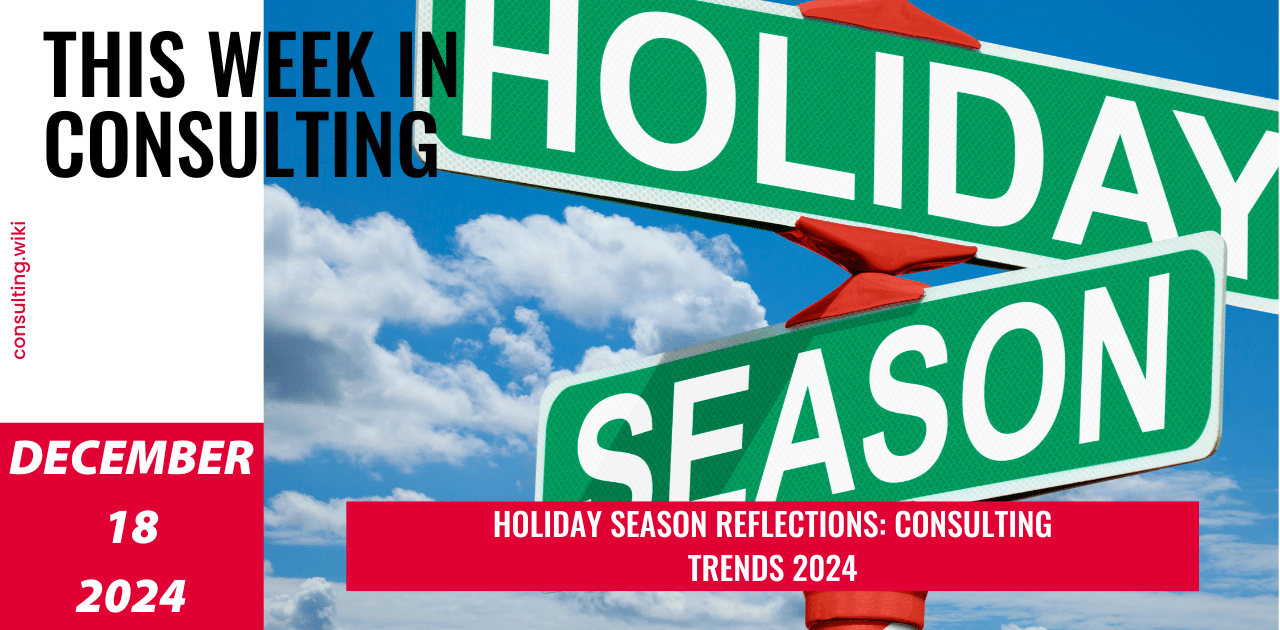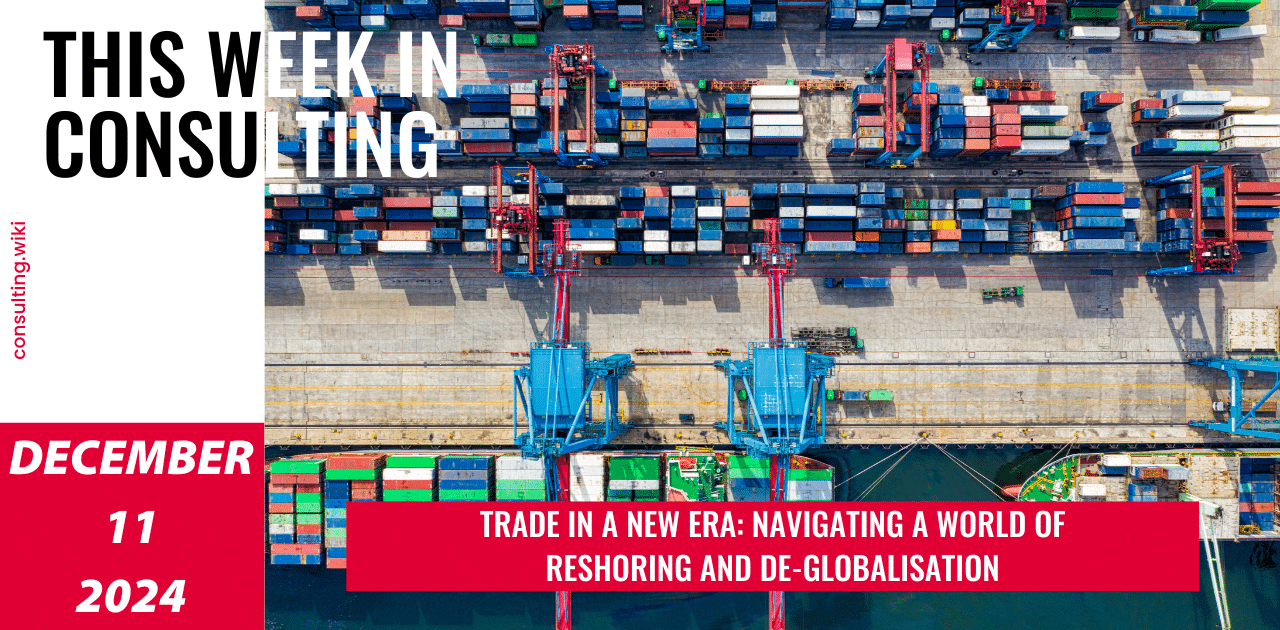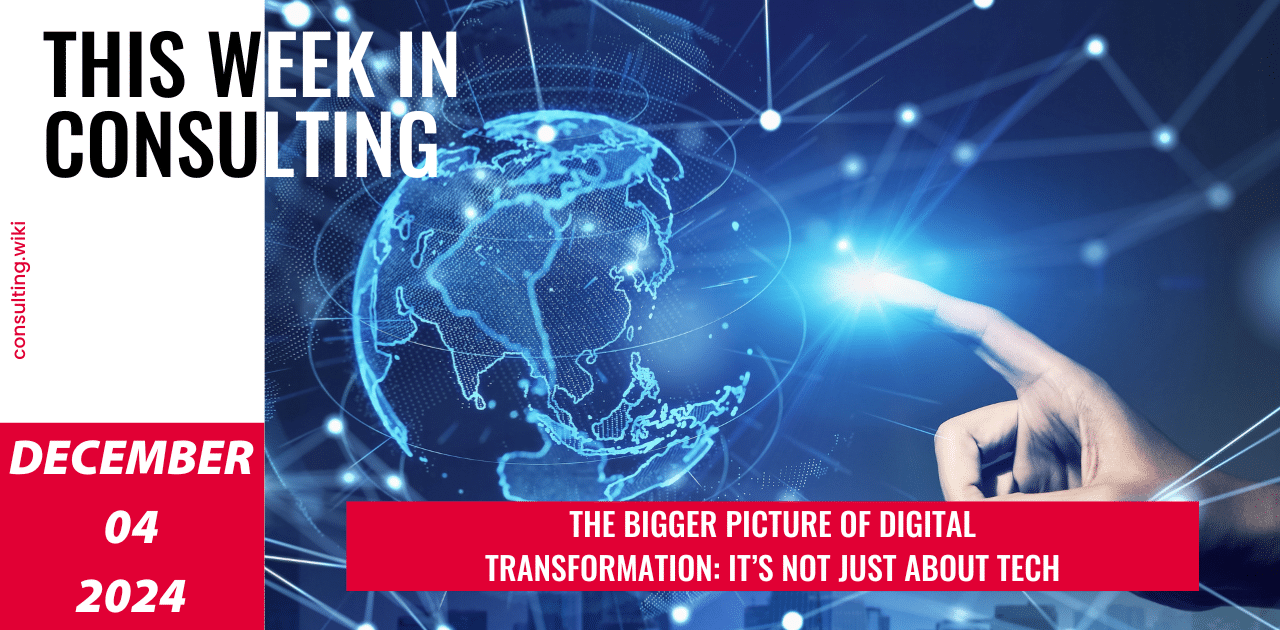Editorial
Four years post-pandemic, and it’s crystal clear: the workplace has undergone a seismic shift, never to return to its former self. Going back to the way things were before COVID-19 is off the table. A significant number of office workers now prefer to keep working remotely, and their voices hold weight.
In this edition of This Week in Consulting, we’ll explore how today’s workplaces have evolved in the post-pandemic landscape. We’ll delve into which workplace models are here for the long haul and how these changes are impacting both workers and the industries reliant on them.
If you’re one of those die-hard traditionalists still skeptical about hybrid work models, perhaps you’re stuck on the idea of physical location. But let me tell you, the notion that employees must share the same physical space to foster a sense of camaraderie is a misconception.
According to Gartner’s survey, the models that flop are the ones fixated on location, imposing rigid on-site requirements. Only one model stood out — the “hybrid-flexible” approach, which grants leaders and employees the freedom to choose where they work.
When the COVID-19 storm hit in 2020, it reshaped our lives in three significant ways: where we work, where we live, and where we shop. We’ll examine its impact on the real estate sector, mega cities’ populations, and how the hybrid work model is nudging people toward outmigration.
Business leaders are currently prioritizing the transition to hybrid and remote work setups, addressing issues like digital transformation, selecting suitable virtual tools, and promoting employee well-being.
However, amidst this transition, there’s a neglected group: in-person workers such as factory staff, nurses, and retail employees who perform essential roles that cannot be done remotely. We’ll explore the critical steps needed to craft a strategy that works for this in-person cohort.
With various forces at play, it’s still uncertain how things will settle and what the future holds for workplaces in the years to come. Will organizations entice employees back to the office, or will remote work prevail?
In the meantime, dive into this captivating collection of articles throughout the week to grasp the emerging trends in the workplace and hybrid work. And be sure to share your thoughts with us. We’re all ears and eager to hear your perspective on this topic!

Laurent THOMAS
Chairman Consulting Quest
This week’s must read
In this edition of This Week in Consulting, we’ll explore how today’s workplaces have evolved in the post-pandemic landscape. We’ll delve into which workplace models are here for the long haul and how these changes are impacting both workers and the industries reliant on them.
Strategy + Business highlights PwC’s Global Workforce Hopes and Fears Survey, revealing in-person workers’ dissatisfaction and potential job switches. The article urges business leaders to proactively address concerns, equalize considerations, and invest in upskilling for enhanced engagement and retention.
This week’s media
Explore the impact of hybrid work on workplace culture, understand the experiences of hybrid managers, and discover ways leaders can support them. Gallup’s video provides insights on cultural connection for hybrid, on-site, and fully remote employees.
Thought Leadership
KPMG’s paper examines key takeaways from the shift to remote work and proposes their application to a hybrid workforce. To ensure ongoing success, companies should intensify organization-wide digital transformation efforts.
Gartner’s study suggests a human-centric “hybrid-flexible” work model, allowing autonomy in choosing where to work, boosts employee performance and reduces fatigue. Key components include intentional collaboration and empathy-based management. Continuous adjustments and active employee input are crucial for success.
Novatia Consulting explores the challenges and opportunities in the shift to hybrid work. Strategies include clear communication, setting work hour expectations, and prioritizing well-being. The article emphasizes technology’s role, leadership skills, agility, and the importance of diversity, equity, and inclusion in the evolving consulting landscape.
McKinsey’s article highlights the enduring effects of the COVID-19 pandemic on real estate in major cities. Remote work, now stabilized at 30% below pre-pandemic levels, is expected to persist, impacting office attendance. Factors include knowledge-economy workers, housing costs, company size, and culture.
This week’s consulting news selection
Pape-Dawson Engineers has acquired Georgia-based engineering firm, Maxwell-Reddick, as part of its strategy to expand its industry-leading civil engineering, surveying, and land planning practice across the US.|
UST, a leading digital transformation solutions company, announced the acquisition of Leonardo, a leading provider of business process improvement, automation, and integration services in the Australia and New Zealand(ANZ) region.|
The ABB Board of Directors has appointed Morten Wierod as Chief Executive Officer. He will take office on August 1, 2024, and succeed Björn Rosengren, who will step down from his position as CEO effective July 31, 2024.|
KPMG UK and Blue J announced that they will launch a new generative AI powered product to answer challenging tax research questions in seconds.|
Laurent is the Chairman and Co-founder of Consulting Quest. Focused on greater value creation, and being thoroughly familiar with Consulting, Laurent has sourced and sold millions of dollars worth of Consulting over the course of his career. Prior to joining Consulting Quest, Laurent was Executive Vice President Oil and Gas at Solvay and Senior Partner Transformation at Oliver Wyman.



